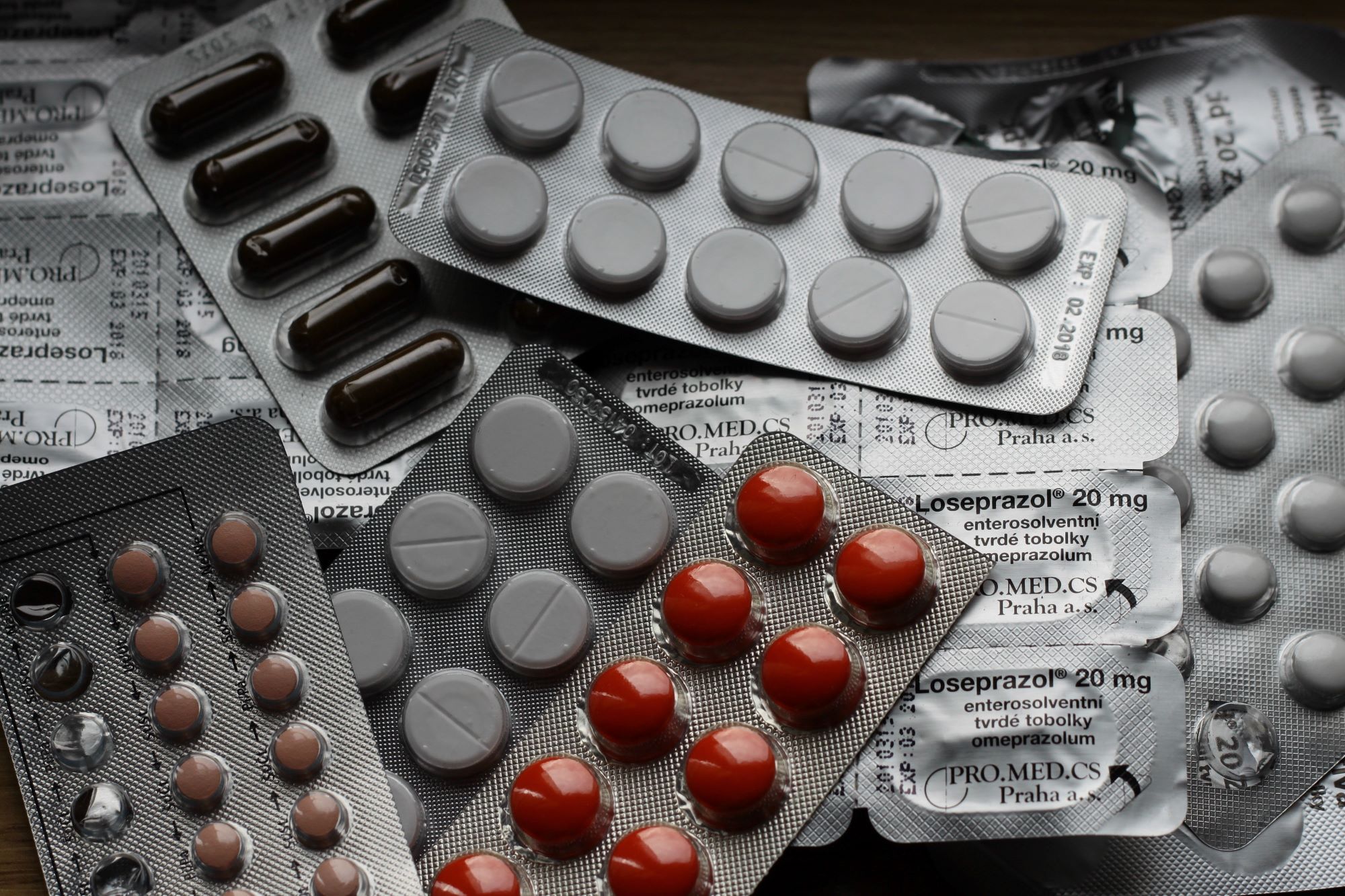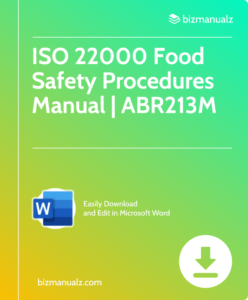How Many FDA Rules are There?

The FDA plays a crucial role in ensuring medical product safety and efficacy. Its regulatory framework consists of numerous rules that guide industry practices. These are versatile and cater to different product categories. To comply, businesses must understand the relevant requirements. How many FDA rules are there?
Overview of FDA rules and regulations
The FDA, or Food and Drug Administration, has a bunch of rules and regs in place for safety and effectiveness of food, drugs, medical devices, and cosmetics in the USA. These cover labeling, manufacturing processes, clinical trials, and quality control.
Here’s how they can do it:
- Invest in regulatory training programs to keep employees informed.
- Partner with regulatory experts or consultants to interpret guidelines.
- Leverage technology solutions like software to streamline processes.
Familiarizing with FDA rules is essential to bridge gaps between comprehension and implementation. With proper training, expert guidance, and tech solutions, hopefully, the number of violations will decrease – and the quality and safety of medical products will improve, thus leading to better patient outcomes.
Trying to navigate through FDA rules is like avoiding exploding red tape in a minefield!
Let’s take a look at some key aspects in a table:
| Category | Key Focus Areas |
|---|---|
| Food Safety | Labeling, GMPs, Food Additives |
| Drug Regulation | New drug approval, Clinical Trials, Pharmacovigilance |
| Medical Devices | Pre-market clearance, Quality System Regulation, UDI |
| Cosmetics | Ingredient labeling, Safety assessment, Adverse event reporting |
But, there’s more! The FDA also regulates tobacco, vaccines, blood products, animal drugs, and more. Its mission is to keep the public safe, while encouraging innovation. All info in this article comes from the FDA’s official website.
Overall, the FDA is a major part of making sure food, drugs, medical devices, cosmetics, etc. meet safety standards. Its rules and regs keep consumers safe, while promoting progress in these fields.
Categories of FDA rules
Unlock the enigmatic treasure chest of FDA regulations! Explore the key rules within each category: labeling, manufacturing practices, clinical trials, and advertising. These categories play a crucial role in ensuring the safety and efficacy of products in the market.
Plus, there are other specific regulations tailored to different industries, such as food and cosmetics. The FDA has been regulating products since 1906! (Source: U.S. Food & Drug Administration) Ignorance may not be bliss, but it’s definitely a recipe for a viral tweet.
Key FDA rules within each category
The FDA rules for each category are essential for making sure products are safe and effective. This includes food, drugs, medical devices, cosmetics and tobacco. Let’s look at these regulations in more detail.
| Category | Key FDA Rules |
|---|---|
| Food | Food Safety Modernization Act (FSMA) |
| Drugs | Current Good Manufacturing Practices (cGMP) |
| Medical Devices | Quality System Regulation (QSR) |
| Cosmetics | Labeling Requirements |
| Tobacco | Family Smoking Prevention and Tobacco Control Act |
The FSMA is meant to stop foodborne illnesses by setting standards for food production hygiene and sanitation. The cGMP rules guarantee the quality and safety of pharma products. They include requirements for design, supervision, control and recording.
QSR sets the full quality management system rules for medical device production. This includes design, risk management, corrective actions and labeling. Cosmetics labeling has FDA rules too. These cover ingredient lists, warnings for hazardous substances and claims from manufacturers.
The Family Smoking Prevention and Tobacco Control Act gives the FDA control over tobacco products. Rules include no marketing to minors, warnings on cigarette packages and registration of tobacco product places.
Pro Tip: Knowing these FDA regulations helps you stay compliant and helps protect people’s safety. Trying to keep up-to-date with FDA rules is like trying to catch a greased pig at a bacon convention!
Tracking and staying compliant with FDA rules
FDA rules can be complex. Here’s a table to help you out:
| Category | Description |
|---|---|
| Classification | Differentiates products into classes based on potential risks. |
| Labeling Requirements | Specifies what info should be on product labels, like ingredients, warnings, and dosage instructions. |
| Good Manufacturing Practices (GMPs) | Establishes quality control and standards for manufacturing processes. |
| Clinical Trials | Outlines guidelines for clinical trials to evaluate a drug’s safety and effectiveness. |
| Adverse Event Reporting | Mandates manufacturers report any unexpected or serious adverse events related to their products. |
There are more rules to keep in mind, such as product recalls, inspections, import/export requirements, and post-market surveillance. An example of these rules in action is the 1982 Tylenol recall. Seven people died after consuming cyanide-laced capsules, prompting a nationwide recall. This led to changes in packaging and tamper-evident seals on medications.
Staying compliant with FDA rules is vital for businesses in regulated industries. Companies must stay up-to-date with regulations and have robust quality assurance processes for product safety and efficacy, while maintaining compliance. After this whirlwind of FDA regulations, it’s clear they have more rules than my ex had excuses!
FDA Rules
The FDA has lots of rules covering public health and safety. These rules make sure products are safe, effective, and of good quality. Rules change as tech develops and needs change. Companies must keep up with them to maintain safety performance.
Businesses need robust programs to meet all FDA requirements. This includes training, audits, and records. Be part of industry associations and public discussions. This helps find best practices and talk to the authorities.
Get legal help to understand and stick to the regulations. Lawyers know them and can help you follow them and avoid enforcement. It’s important to understand and follow FDA rules. This benefits public health and consumer confidence. Businesses must follow them if they are operating in and industry that the FDA oversees.
Frequently Asked Questions
FAQs about FDA rules:
1. How many FDA rules are there?
The FDA has issued numerous rules and regulations to ensure the safety and effectiveness of food, drugs, medical devices, and other products. The exact number of FDA rules is constantly changing as new ones are introduced and existing ones are modified or repealed. It is advisable to check the FDA website or consult with experts in the field for the most up-to-date information.
2. What are some key FDA rules?
Some important FDA rules include the Food Safety Modernization Act (FSMA), which aims to prevent foodborne illnesses and ensure the safety of the food supply; the Drug Approval Process, which sets standards for the approval of new drugs; and the Medical Device Regulations, which govern the safety and reliability of medical devices. These are just a few examples, and there are many other essential FDA rules in place.
3. Do all FDA rules apply to all products?
No, FDA rules may vary depending on the type of product. For example, food products have specific regulations related to labeling, ingredient safety, and production processes. Similarly, drugs and medical devices are subject to separate rules and approval processes. It is vital for businesses and individuals to understand the relevant FDA rules applicable to their specific products or industries.
4. How can I stay updated on new FDA rules?
To stay informed about new FDA rules and regulations, it is recommended to regularly visit the FDA website (www.fda.gov) and subscribe to their email updates or newsletters. Additionally, industry-specific publications, trade associations, and legal experts can also provide valuable insights and updates on the latest FDA rules.
5. Can FDA rules change over time?
Yes, FDA rules can change over time. As scientific knowledge evolves, technologies advance, and new challenges emerge, the FDA may revise or introduce new rules to address these developments. It is essential for businesses and individuals to stay updated on any changes in FDA rules that may impact their products or operations.
6. What happens if I don’t comply with FDA rules?
Non-compliance with FDA rules can have serious consequences, including legal penalties, product recalls, fines, and damage to reputation. The FDA has the authority to take enforcement actions against individuals or businesses that fail to adhere to its regulations. It is crucial to understand and comply with all applicable FDA rules to avoid such repercussions.
















Leave a Reply